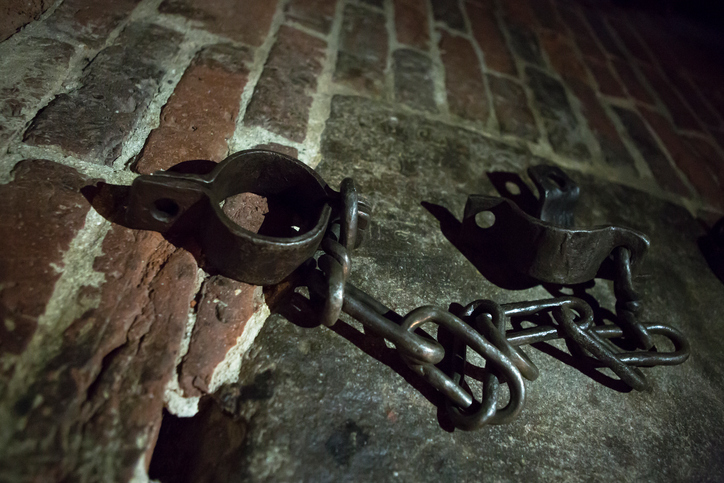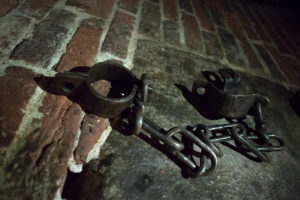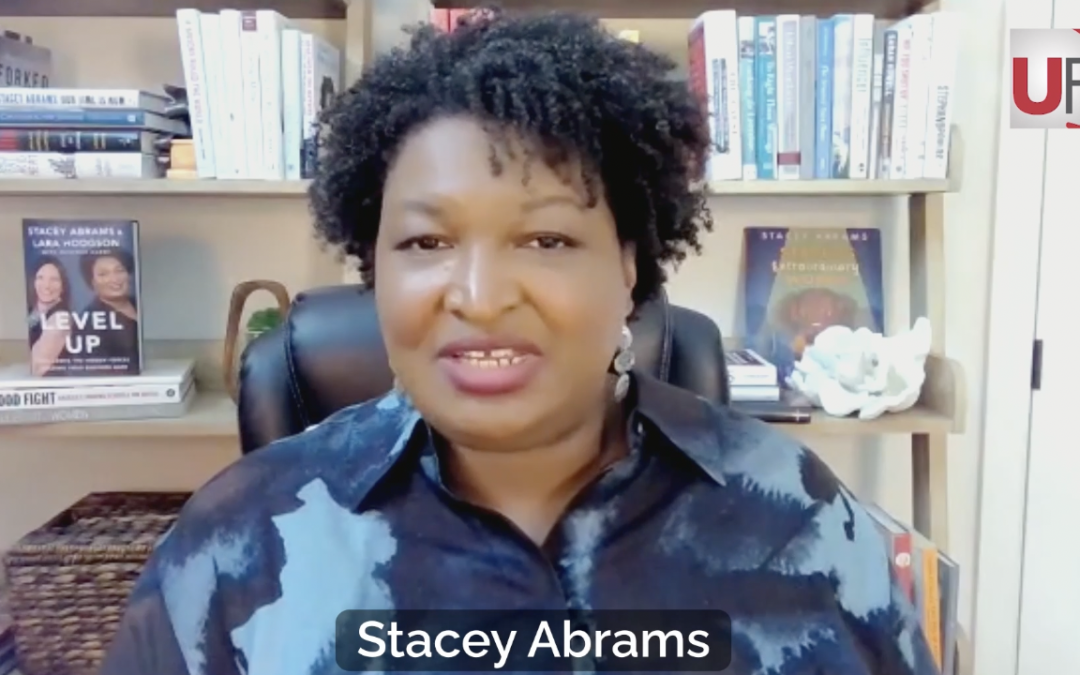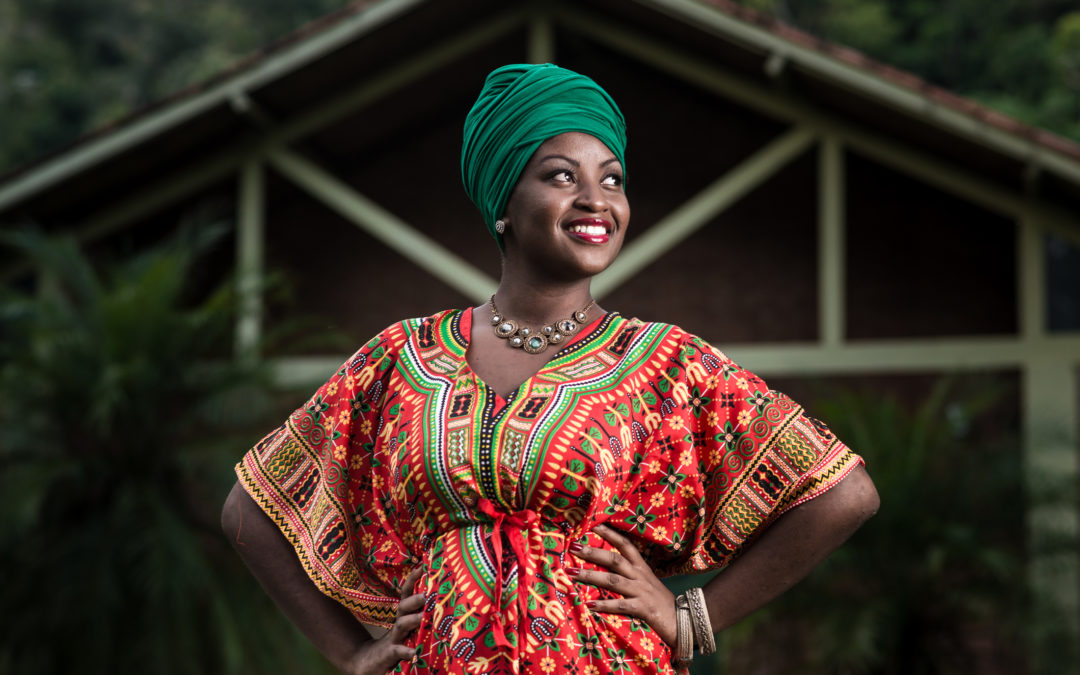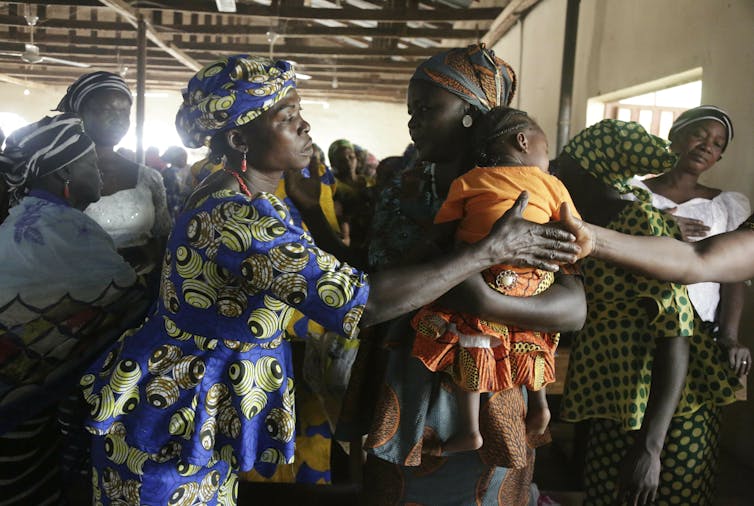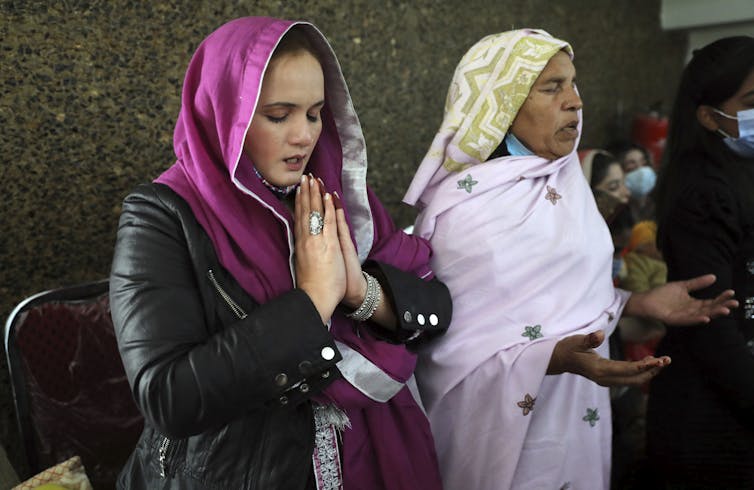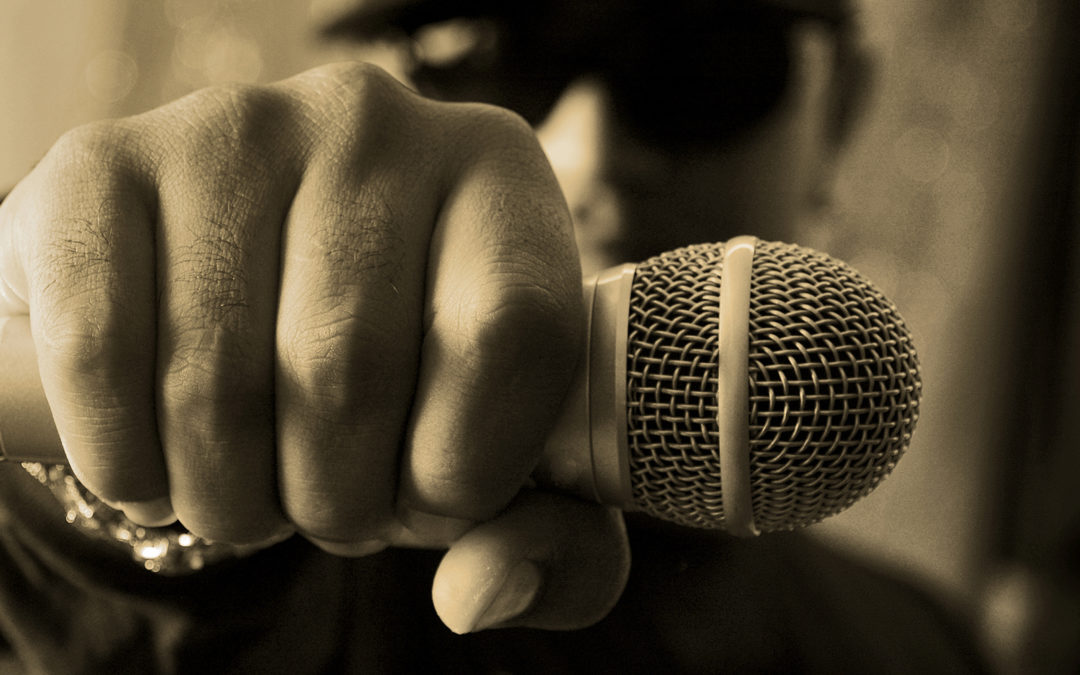
Devotion: An Instrument of Righteousness
Scripture: Romans 6:1-14 NLT
1 Well then, should we keep on sinning so that God can show us more and more of his wonderful grace? 2 Of course not! Since we have died to sin, how can we continue to live in it? 3 Or have you forgotten that when we were joined with Christ Jesus in baptism, we joined him in his death? 4 For we died and were buried with Christ by baptism. And just as Christ was raised from the dead by the glorious power of the Father, now we also may live new lives.
5 Since we have been united with him in his death, we will also be raised to life as he was. 6 We know that our old sinful selves were crucified with Christ so that sin might lose its power in our lives. We are no longer slaves to sin. 7 For when we died with Christ we were set free from the power of sin. 8 And since we died with Christ, we know we will also live with him. 9 We are sure of this because Christ was raised from the dead, and he will never die again. Death no longer has any power over him. 10 When he died, he died once to break the power of sin. But now that he lives, he lives for the glory of God. 11 So you also should consider yourselves to be dead to the power of sin and alive to God through Christ Jesus.
12 Do not let sin control the way you live;[a] do not give in to sinful desires. 13 Do not let any part of your body become an instrument of evil to serve sin. Instead, give yourselves completely to God, for you were dead, but now you have new life. So use your whole body as an instrument to do what is right for the glory of God. 14 Sin is no longer your master, for you no longer live under the requirements of the law. Instead, you live under the freedom of God’s grace.

There is great power in what we permit to happen. We do not recognize this power we have because it is invisible and not obvious. But it is present. This scripture offers a viewpoint of self-responsibility, reminding us that we usually have a choice in what we allow to happen to our body.
The language used to describe wickedness is interesting. It can be an instrument. Which means wickedness has a rhythm and can flow like a song to produce a melody that can create memories. By the same token, the scripture describes righteousness as an instrument which means it can flow in our lives like a beautiful song.
When you think of music, it impacts everyone in a different way. There are certain songs that you hear that trigger traumatic memories, moments, or times in your life that you would rather forget. On the other hand, there are certain songs that will motivate you and inspire you to do better and push yourself to do great things.
The scripture likens righteousness to an instrument that can orchestrate appreciation and honor God for what He has done for us. Righteousness is by grace through faith. We can never be perfect or do what is right fully for there is a flesh nature in us that always desires to do what is wrong. However, as we allow the righteousness of Christ to move through our lives, the nature of God becomes appealing to us. By grace, we show our appreciation to God by resisting sin and fulfilling our destiny one day at a time.
Just as wickedness is likened to an instrument, righteousness is also likened to an instrument. I is up to us to choose what type of influence we desire to govern our lives. The scripture is clear, it is wise to choose righteousness, because we are no longer enslaved by sin. We live by the grace of God through faith.
Prayer
Dear Father,
Thank you for the gift of righteous living. I am grateful for the power of willful decision, to make the choice every day to follow you. Help me by faith to resist sin and desire righteousness. Purge the appetite of my soul that may desire to stay enslaved to sin, and arouse a desire of freedom through Christ. Let me please you by how I live, and let righteousness be revealed in my life as a testament of my faith in Jesus Christ.
In Jesus Name,
Amen

